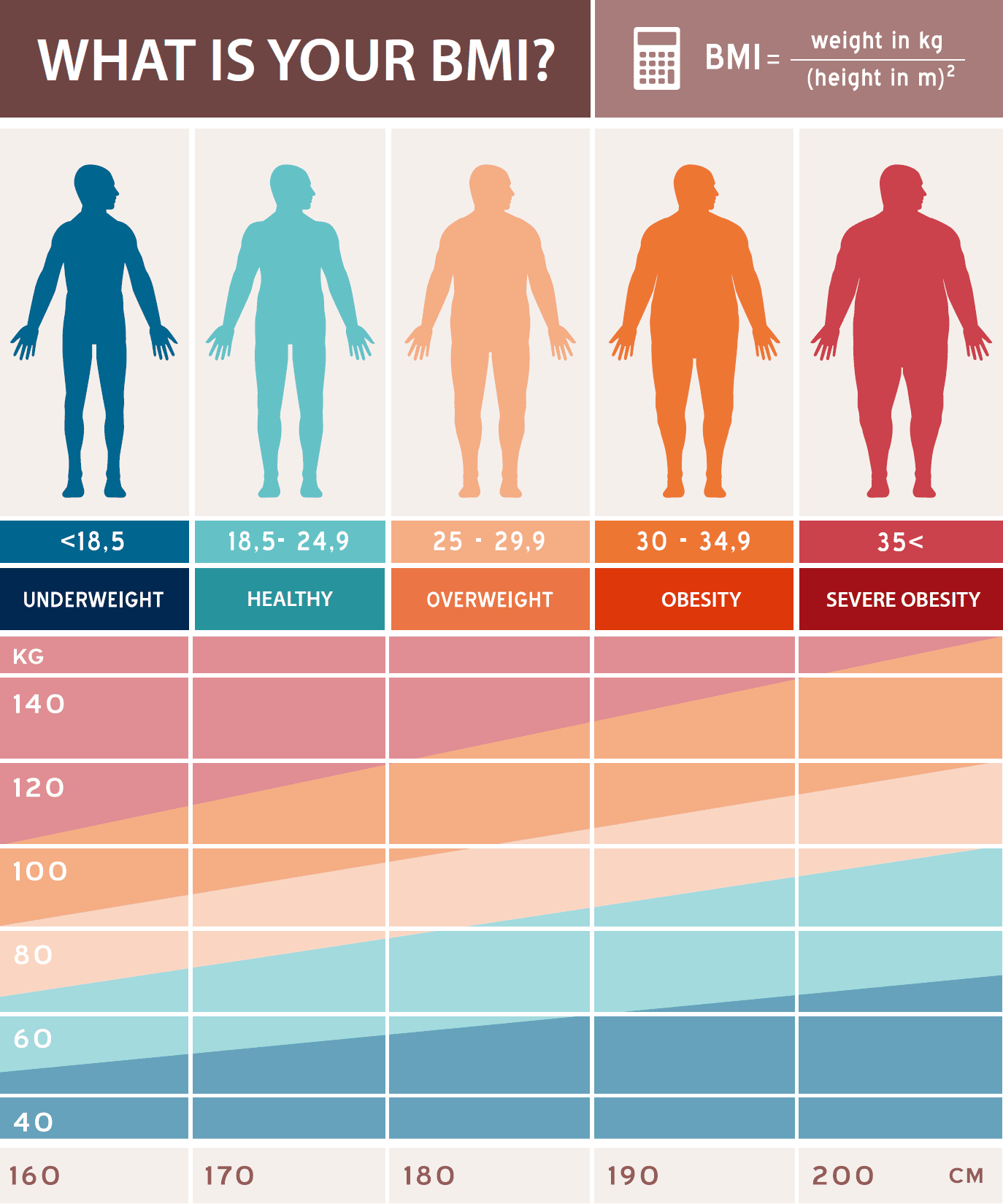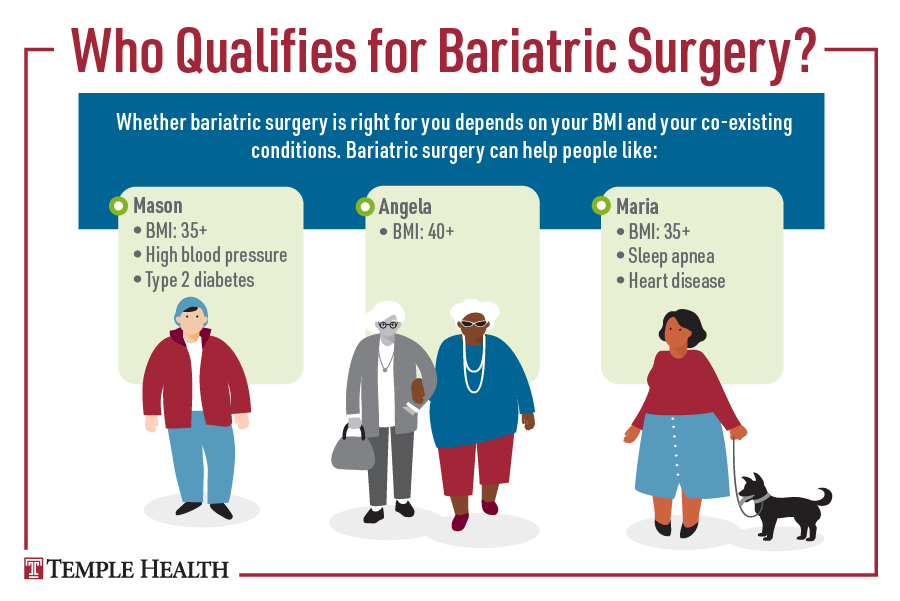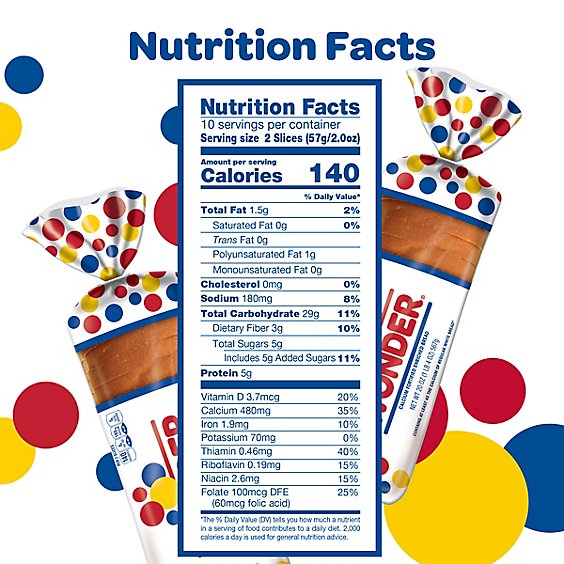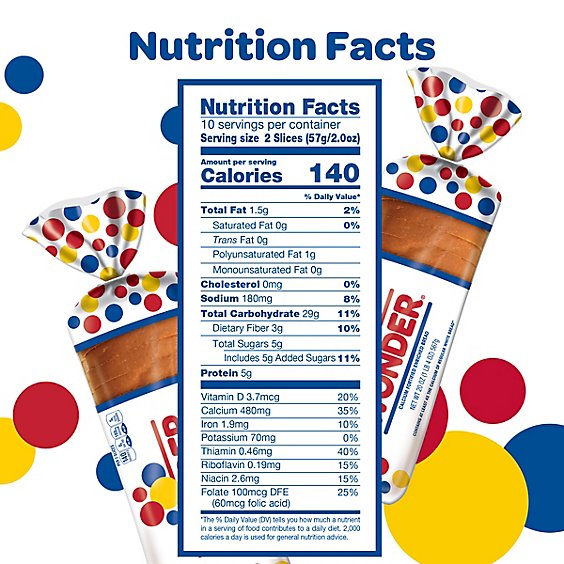
To determine if you qualify for weight loss surgery, you’ll typically need a BMI of 40 or higher. Other critical factors include obesity-related conditions and previous weight loss attempts.
Deciding on weight loss surgery is a significant step toward a healthier future. It’s a solution often considered when other weight loss methods have failed and health risks from obesity-related diseases become imminent. Candidates for bariatric surgery should meet specific medical criteria, and a thorough evaluation by healthcare professionals is crucial.
This includes an assessment of your body mass index (BMI), underlying health conditions such as diabetes or hypertension, and your psychological readiness for both the surgery and the lifestyle changes post-operation. Ensuring that you’re informed and prepared increases the chances of a successful outcome and long-term health benefits. This transformative decision is not only about meeting the qualifying numbers but also about commitment to a new way of life.

Credit: www.clinicexpert.com
Assessing Eligibility For Weight Loss Surgery
Thinking about weight loss surgery can be daunting. Where do you start? Are you a candidate? Finding out if you qualify is step one.
Criteria For Bariatric Procedures
Several factors determine eligibility. Professionals use established guidelines to decide.
- Consistent weight issues
- Efforts to lose weight with diet and exercise have not worked
- No medical conditions that make surgery risky
- Understanding the risks and benefits
- A commitment to lifestyle changes post-surgery
Your Bmi And Health Condition
Your Body Mass Index (BMI) is a key factor. Here’s a simple breakdown:
| BMI Range | Eligibility Status |
|---|---|
| 30 – 34.9 | May be eligible with health issues |
| 35 and above | Generally eligible |
Specific health conditions linked to obesity might make you a candidate. These include:
- Diabetes
- High blood pressure
- Sleep apnea
- Heart disease
Consult with a doctor to discuss your unique situation.

Credit: surgicalweightlosscentre.com.au
Types Of Weight Loss Surgeries
Understanding the various types of weight loss surgeries is crucial if you’re exploring options for treating obesity. Each procedure has its unique approach and potential benefits. Let’s dive into some common surgeries, their processes, and what they entail for individuals considering this life-changing step.
Gastric Bypass: Pros And Cons
Gastric bypass surgery, or Roux-en-Y gastric bypass, is a well-known option. In this procedure, Surgeons create a small pouch at the top of the stomach and connect it directly to the small intestine. As a result, patients feel full sooner and absorb fewer calories.
- Pros:
- Significant long-term weight loss
- Improves obesity-related conditions
- May alter gut hormones to reduce appetite
- Cons:
- More complex than other surgeries
- Potential for vitamin/mineral deficiencies
- Requires a lifelong commitment to dietary changes
Sleeve Gastrectomy: Understanding The Process
In a sleeve gastrectomy, surgeons remove approximately 80% of the stomach, forming a tube or “sleeve” shape. The smaller stomach limits food intake and helps you feel full sooner.
| Step | Description |
|---|---|
| 1 | Surgeons make a few small cuts in the stomach area. |
| 2 | A laparoscope (camera) is inserted to guide the surgery. |
| 3 | The majority of the stomach is removed. |
| 4 | The open edges of the stomach are attached to form a sleeve. |
The result is a reduced stomach size, making it easier to control portions and lose weight. Sleeve gastrectomy doesn’t involve rerouting the intestines.
Pre-surgery Health Evaluation
Thinking about weight loss surgery starts with a pre-surgery health evaluation. This check-up decides if a person is ready for surgery. A good evaluation looks at medical history and how much the person tried to lose weight before. It also checks if the person’s mind is ready for this big change. Here is what doctors look at in each part.
Medical History And Weight Loss Efforts
Doctors need to know your past health events. They want to see what diets or programs you tried. Before surgery, you must show you have tried to lose weight in other ways. Your doctor will look at:
- Past diets: What kinds did you try?
- Exercise routines: Did you work out?
- Medical treatments: Did you use medicine or other treatments?
They will also check for other health issues related to weight, such as:
- Diabetes
- High blood pressure
- Heart diseases
Tests like blood work and heart checks may be needed too.
Psychological Readiness For Surgery
Surgery is a big life change. Your mind needs to be ready. During an evaluation, it’s key to talk about your:
- Mental health history: Have you faced mental health issues?
- Support system: Do you have friends or family to help?
- Understanding of risks and benefits: Do you know what surgery involves?
Sometimes, you have to meet with a mental health expert. This person can help see if you’re ready for surgery.
Post-op Recovery And Lifestyle Changes
Embarking on a weight loss journey through surgery involves much more than just the procedure itself. To foster a successful recovery and long-term weight management, significant lifestyle adjustments are necessary. These encompass dietary modifications and a commitment to an active lifestyle combined with support mechanisms.
Dietary Adjustments Post-surgery
After weight loss surgery, your stomach can only handle small amounts at a time. To avoid complications and ensure you’re getting the nutrients you need, it’s important to stick to the guidelines your surgical team provides. Here’s a snapshot of the typical post-op diet progression:
- Liquid Diet: Broths, unsweetened juice, and milk. Aid in initial healing.
- Pureed Foods: Smooth, blended foods. Transition to more substantial nutrition.
- Soft Foods: Gentle on the stomach. Bridge to regular diet.
- Regular Diet: Well-balanced meals. Portion control is key.
Remember, each step is a gradual progression and should be individualized under your healthcare provider’s supervision.
The Importance Of Exercise And Support
Physical activity is critical for sustaining weight loss and improving overall health post-op. Starting with gentle exercises like walking can pave the way for more challenging workouts as you recover. Regular check-ins with your healthcare team and a support group are equally important.
- Stay Active: Small steps daily. Goal of 30 minutes activity.
- Support System: Support groups, family, friends. Key for motivation.
- Regular Follow-Ups: Necessary for monitoring progress. Adjustments as needed.
Adopting a balanced diet and exercise routine is pivotal, and strengthening your support network during this journey can make a profound difference in your long-term success. More information from website.
Insurance And Financing Surgery
Exploring the realm of weight loss surgery can seem daunting, especially when it comes to covering the costs. Understanding insurance policies and financing options is crucial. It determines not just the feasibility but also the affordability of the procedure. In this section, we delve into what you need to know about navigating insurance coverage and exploring alternative financing routes.
Insurance Coverage For Bariatric Surgery
Most insurance plans recognize the health benefits of weight loss surgery. They offer some level of coverage. However, policies and criteria can vary greatly. Always check your individual plan. Qualification usually hinges on specific medical necessity requirements. These can include a documented history of obesity, previous unsuccessful weight management, and certain health conditions.
- Check your policy documents for bariatric surgery clauses.
- Contact the insurance provider directly to get clarity on coverage.
- Ensure you meet the Body Mass Index (BMI) criteria set by your insurer.
- Anticipate potential pre-authorization steps to expedite the process.
Options For Self-payment And Financing
If insurance isn’t an option, self-payment and financing come into play. With various financing plans available, the choice can be tailored to your financial situation. Lenders often provide loans designed specifically for medical procedures. Credit checks and interest rates are part of the equation.
| Financing Option | Details |
|---|---|
| Medical Loans | Personal loans focused on covering medical expenses. |
| Healthcare Credit Cards | Special credit cards with potential interest-free periods for healthcare costs. |
| Payment Plans | Arrangements made directly with the surgical center for installment payments. |
Compare the terms and interest rates of loans and credit cards. Seek plans that align with your financial capabilities. Health savings accounts (HSAs) or flexible spending accounts (FSAs) might also be utilized for payments. Financial advisors can offer guidance tailored to your personal situation.

Credit: www.templehealth.org
Frequently Asked Questions For Do I Qualify For Weight Loss Surgery Quiz
What Are The Criteria For Weight Loss Surgery?
To qualify for weight loss surgery, you typically need a BMI of 40 or higher or a BMI of 35 with obesity-related health conditions. A commitment to lifestyle changes and a psychological evaluation are also essential to determine candidacy for the procedure.
Does Insurance Cover Bariatric Surgery?
Insurance coverage for bariatric surgery varies by policy and provider. Generally, it’s covered if deemed medically necessary, which often requires meeting specific BMI thresholds and having documented, unsuccessful attempts at other weight loss methods.
How Effective Is Weight Loss Surgery?
Weight loss surgery is highly effective, with many patients losing 50-70% of excess weight within two years post-op. It also often leads to significant health improvements, such as the remission of type 2 diabetes and lower heart disease risk.
Can Weight Loss Surgery Be Reversed?
Some weight loss surgeries, like the gastric band, are reversible. However, surgical reversal is often complex and not typically recommended unless medically required due to complications or other health issues.
Conclusion
Wrapping up, our weight loss surgery quiz offers a personalized look into your eligibility. It’s a starting point in your transformative journey. Remember, individual advice from a medical professional remains paramount. To progress, discuss your quiz results with your healthcare team.
Embrace the next step towards a healthier life today.








